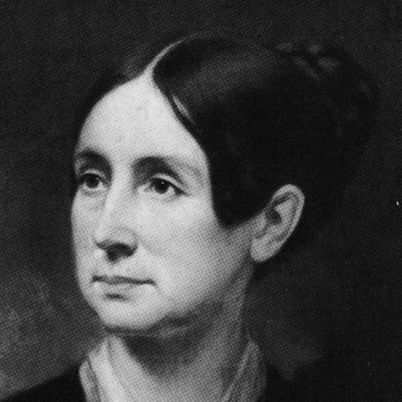Educator, Social Reformer and Humanitarian Dorothea Dix (1802–1887) was a social reformer, primarily for the treatment of the mentally ill, and the most visible humanitarian of the 19th century. Through a long and vigorous program of lobbying state legislatures and the U.S. Congress, Dix created the first generation of American mental hospitals. During the Civil War, she served as Superintendent of Army Nurses for the Union Army. Dorothea Lynde Dix was born on April 4, 1802 in Hampden, Maine. She was the first child of three born to Mary Bigelow Dix and Joseph Dix, an itinerant Methodist preacher. Her mother suffered from depression and was bedridden during most of Dorothea’s childhood. Her father was an abusive alcoholic. After her mother…
